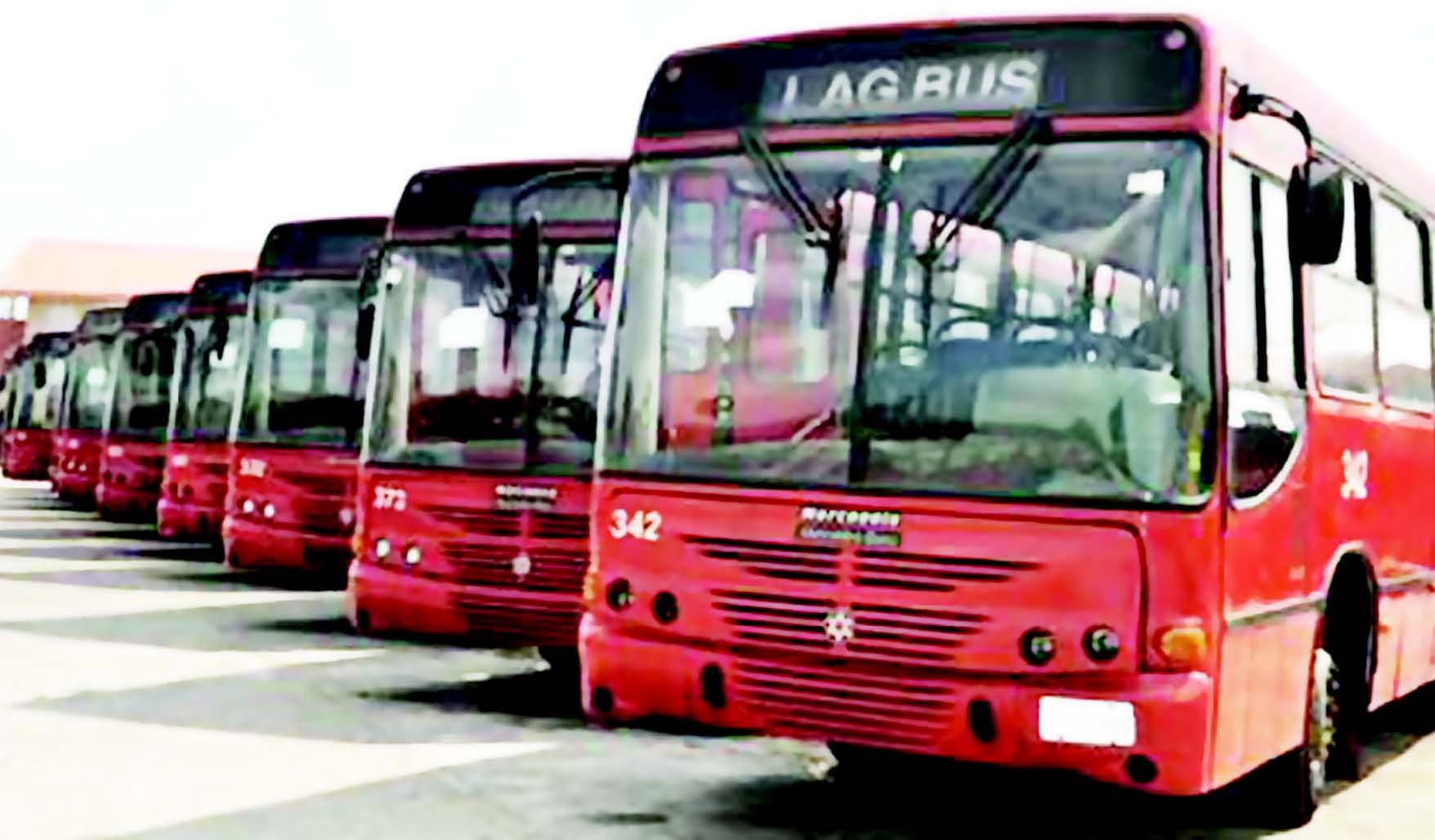- New Lagos Bus Terminals to Move 12 Million People
The new Ikeja Bus Terminal, the Oshodi Transport Interchange under construction and 11 bus terminals being built in strategic places in the Lagos metropolis are modelled after modern airport terminals, the Lagos State Government has said.
The Ikeja Bus Terminal inaugurated on March 29 by President Muhammedu Buhari will hopefully open a new chapter in public transportation in the nation’s economic capital as commuters are expected to be treated with a high level of dignity with the state-of-the-art facilities provided at the terminal.
According to the state government, the decision to build bus terminals with world-class facilities was to give about 12 million people using public transportation a sense of belonging, similar to the kind of treatment about 21,000 air passengers daily using all the nation’s airports get.
Details of the projects made available to journalists on Friday by the Lagos State Government, Planet Project, Lagos Metropolitan Area Transport Authority and Lagos Bus Services Limited showed a number of amenities/facilities that bear similar features with airport terminals.
For instance, at Ikeja, within the terminal building (ground and first floors), has a sheltered walkway, 13 ticketing booths, an ATM gallery, a food court, a functional Intelligent Transportation System that will make routes and travel plan easy.
The terminal is provided conveniences for both sexes and free Wi-Fi spot for the use of commuters.
Other major points are the information centre, waiting area, loading bay, bus and taxi parks, concession shops, office for operator, control room and power house.
The listed facilities showed a marked transformation from the old Lagos bus stop situation of indecency, filth and chaos that provided room for dehumanisation and criminal activities.
Like the Ikeja Bus Terminal, the Oshodi Transport Interchange said to have reached 70 per cent completion when operational would serve 300,000 every day while removing the over 20 rickety motor parks in the Oshodi area.
Speaking during a tour of both Ikeja and Oshodi bus terminals, the Lagos State Commissioner for Transportation, Mr Ladi Lawanson, said the terminals were part of Governor Akinwunmi Ambode’s gift to the 12 million masses of the state, using public transportation daily.
He said the terminals would put an end to insecurity, unreliability and accidents associated with the current commercial bus transportation in the state.
Lawanson said the construction of the new bus terminals was aimed at ensuring that more people embraced public transportation and restored sanity to the roads.
He said, “We have Alapere Bus Shelter, Ilupeju bus depot, Yaba Bus Terminal, Anthony Bus Depot, Maryland Bus Terminal, Agege Bus Terminal, Ojota Bus Terminal, Oyingbo Bus Terminal, Tafawa Balewa Square Bus Terminal, among other proposed corridors. These facilities will provide over 3,000 jobs for youths and increase transport connections and intermodal connectivity in the state.”
The Commissioner for Information and Strategy, Mr. Kehinde Bamigbetan, said the idea is to cater for low and medium income residents who could not afford to fuel their own cars every day.
He said the Ikeja Bus Terminal is a major transportation infrastructure constructed to improve efficiency, adding that 23 routes would be serviced from the terminal and while the facility would be servicing 400,000 passengers daily as well as reduce traffic congestion and environmental pollution occasioned by the current street loading and dropping off of passengers.
The Managing Director of Planet Project, Abiodun Otunola, said the Oshodi Transport Interchange, would have three terminals with terminal one serving the inter-city segment; two for the BRT buses from Oshodi to Abule Egba and other destinations such as Mile 2 and Okoko Maiko; and terminal three would serve Lagos Island and Ikorodu-Ojota axis.
He said all the three five-floor terminals would be connected with a skywalk.
He said, “In all, we estimate nothing less than 50 destinations to be served from Oshodi. And when this terminal is operational, our initial estimate is that in the first one year, the traffic would be about 300,000 going to about 500,000. Ultimately, in 10 years, we estimate that about one million would be able to use this facility at the end of the day.
“It is going to be a major hub and there is no major hub of this type in sub-Saharan Africa in terms of population, size, complexity and the number of destinations.”
The Planet Project boss said the transport facility was original and unique to suit the needs of the city.
The Managing Director, LAMATA, said the agency came up with project and engaged Planet Project for the construction, adding that plan was to encourage more people to drop their cars and use public means of transportation in Lagos.


 Forex3 weeks ago
Forex3 weeks ago
 Naira3 weeks ago
Naira3 weeks ago
 Billionaire Watch3 weeks ago
Billionaire Watch3 weeks ago



 Naira3 weeks ago
Naira3 weeks ago






 Naira2 weeks ago
Naira2 weeks ago




 Naira2 weeks ago
Naira2 weeks ago




 Naira4 weeks ago
Naira4 weeks ago






 Naira1 week ago
Naira1 week ago























